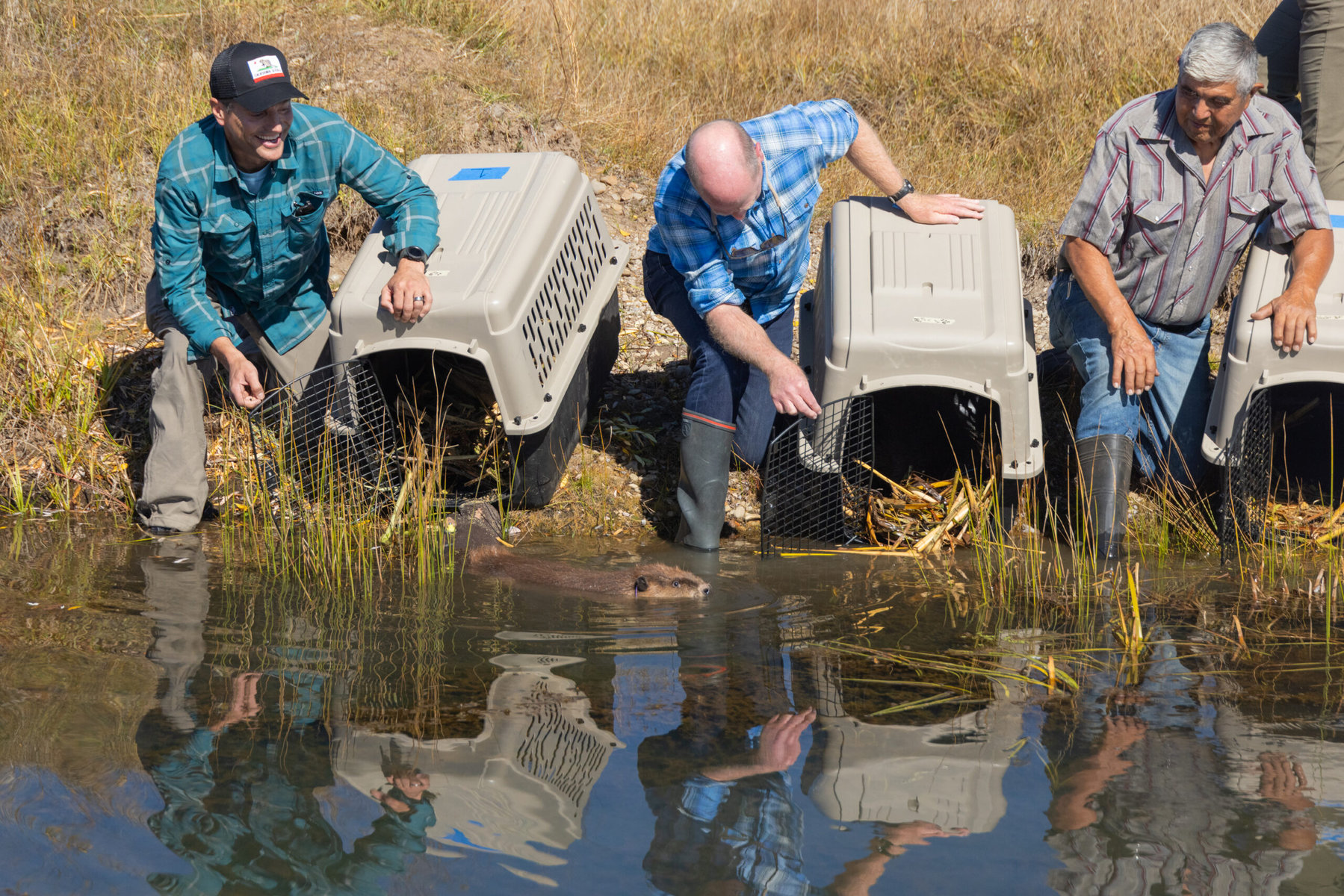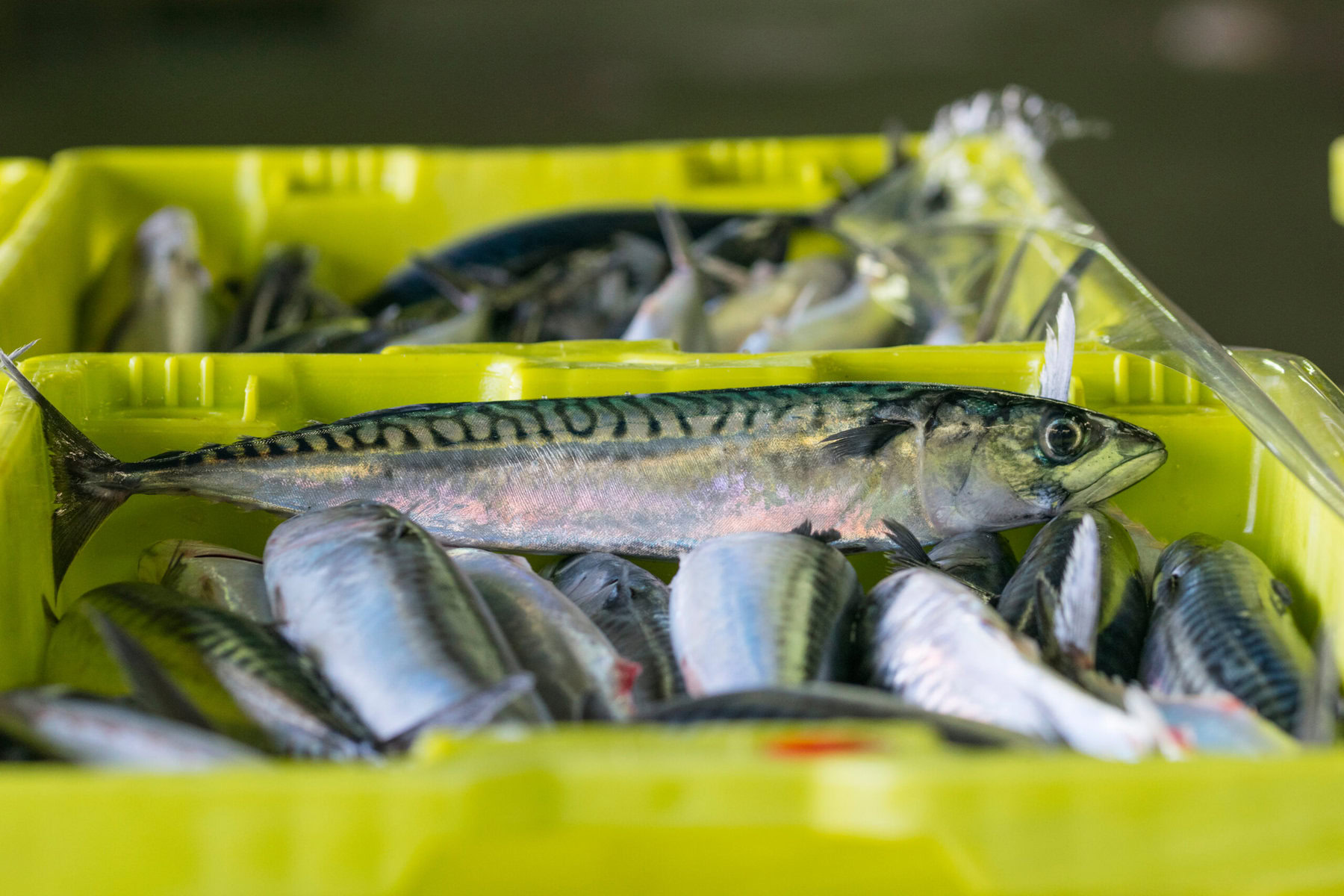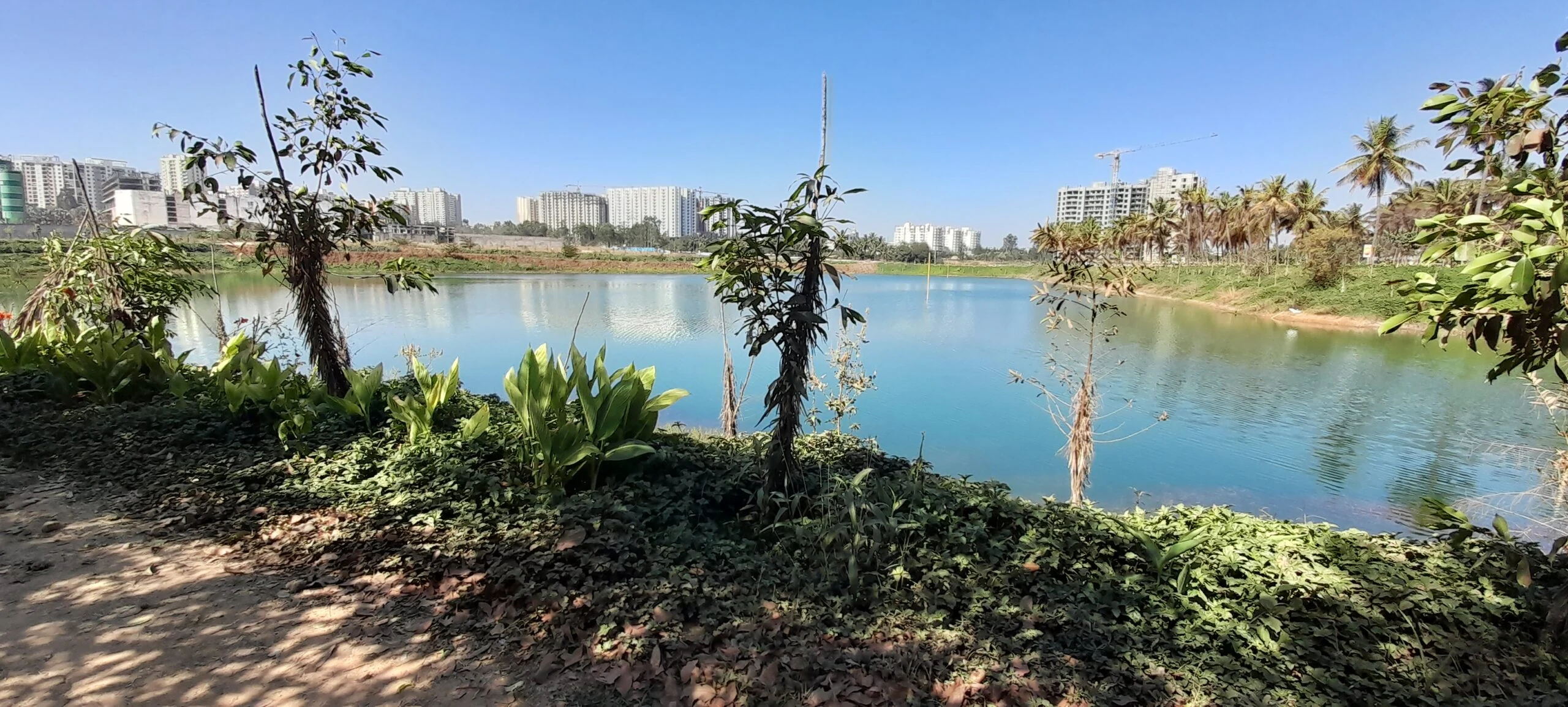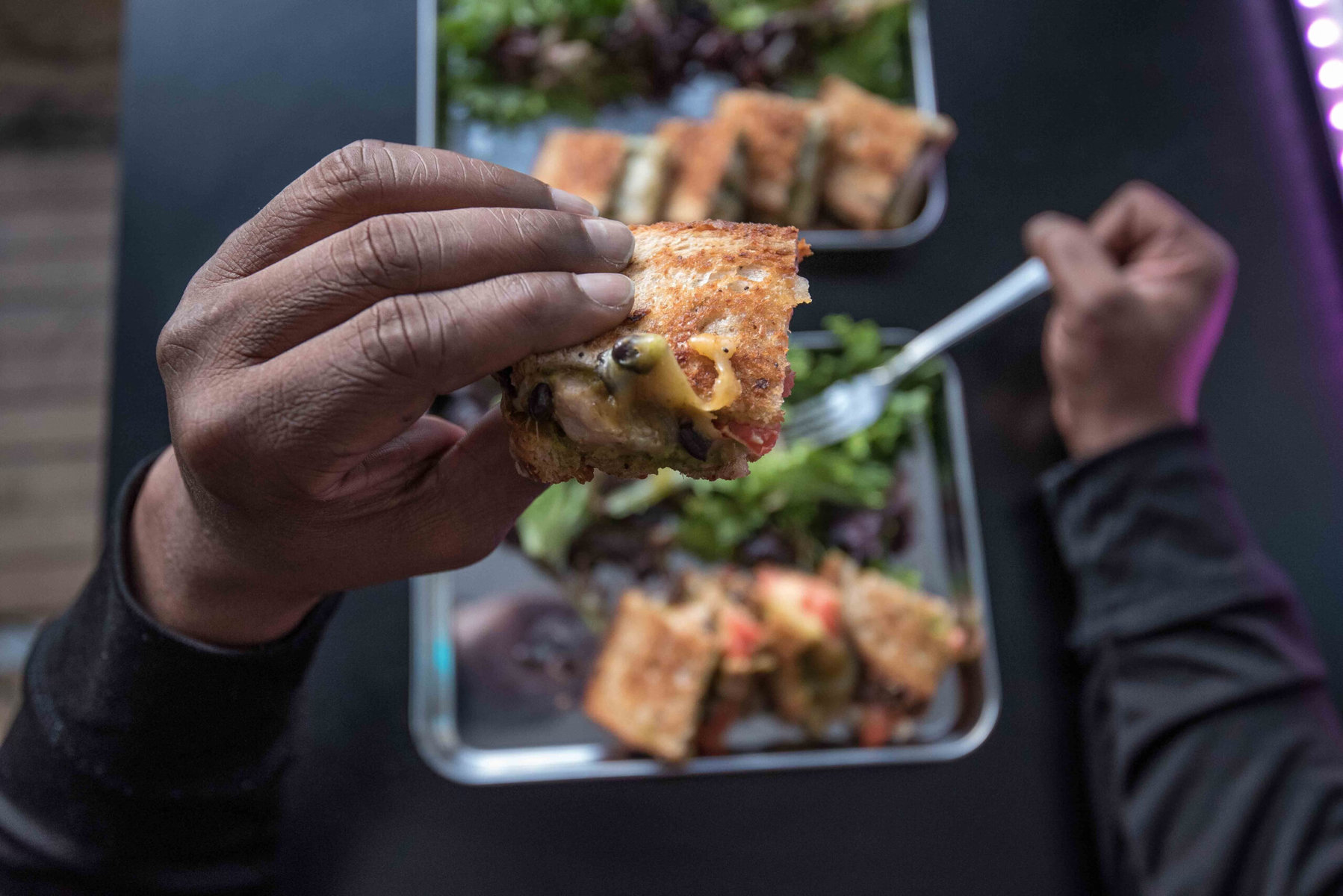Three great stories we found on the internet this week.
Free swim
A family of seven furry explorers recently swam out of kennels and into the waters of the ancestral lands of the Mountain Maidu people. They were the first beavers to be released in California in almost 75 years — part of a conservation effort that aims to re-establish the population.
Industrious creatures that they are, beavers bring many benefits to the mountain meadow ecosystem. Their engineering keeps water in the landscape, which contributes to recharging groundwater — and the added moisture makes the land more resilient to wildfire and drought.

“It’s good to have them back home again,” said Ben Cunningham, chairman of the Maidu Summit Consortium. “The beavers are back where they belong.”
Read more at the Sacramento Bee
Waste not
According to the UN, Nigeria generates roughly 2.5 million metric tons of plastic waste each year — 130,000 metric tons of which makes it into bodies of water. This is evident in Lagos, where accumulated plastic waste frequently blocks drainages.
That’s what motivated Maryam Lawani to start Greenhill Recycling, one of several women-led upcycling and recycling companies that have recently emerged to combat the problem. She says the business recovers between 100 and 200 metric tons of waste per month. It also provides supplemental income within the community, as those who collect trash are paid by the kilogram.
Weighed down by negative news?
Our smart, bright, weekly newsletter is the uplift you’ve been looking for.“Waste is a currency to address other issues around poverty, unemployment and the environment,” Lawani told Al Jazeera. “People are able to exchange waste for profitable things like school fees, clothes and even food.”
Slo motion
For many European countries like the UK, France and Spain, child poverty is a major problem. But according to a new report from UNICEF, one EU country stands out as a bright spot: Slovenia.
Though its GDP is smaller than that of most Western European nations, Slovenia topped UNICEF’s list of countries that are successfully keeping child poverty low. The mountainous nation of two million people has just 10 percent of children living in poverty, a 31 percent drop since 2014.
Its success isn’t a fluke. Slovenia has one of the highest minimum wages in Europe and offers free kindergarten to all families. And though other European countries lag behind it, child poverty did fall across the EU by eight percent. “In other words, six million fewer children lived in poverty in 2021 than in 2014,” said one of the report’s authors.










